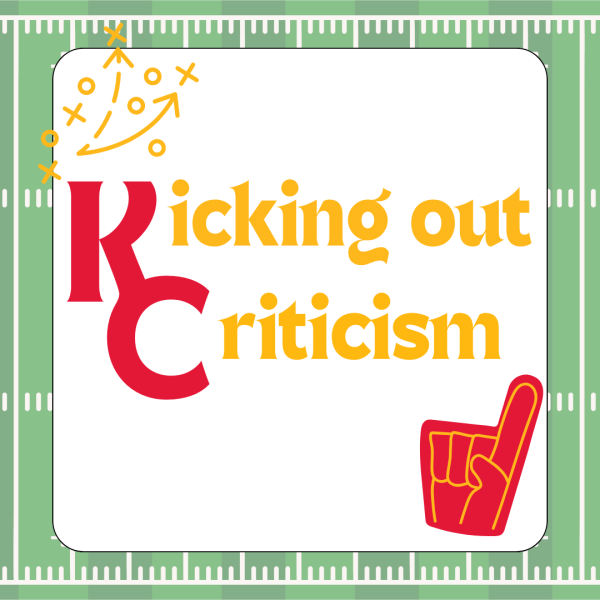People with “unnaturally” colored hair should not be judged by business professionals
Teenage years are a time for expression, experimentation, and for discovering individuality. These years are also a great chance to begin to branch out and explore the working world for the first time. Unfortunately, personal expression and working don’t always go hand in hand.
For senior Maggie Raming and junior Amayah Meadows, finding a first job might prove to be more difficult than for others of the same age. The reason for this has nothing to do with their abilities, and everything to do with the harmless way they have chosen to express themselves.
“I color my hair because I feel strongly about standing out from a crowd,” Meadows said. “I feel it helps people see who I am at a first glance.”
For Meadows, dyeing her hair makes her feel unique. It allows people to see her creativity immediately, and it expresses her individuality. But that’s not the only reason people choose to add color.
“It gives me a lot of confidence,” Raming said. “ I look in the mirror and I want to take care of my hair and I want to take care of myself.”
Despite the fact that something as small as changing a hair color can have such a positive effect on someone’s self esteem, some employers believe unnatural hair colors overpower a person’s ability to actually do the job.
According to CNN, “[unnaturally colored hair] can also be grounds for termination — regardless of what else you have to offer.”
While CNN does list some career options (such as: baristas, massage therapists and cosmetologists) that allow artificially colored hair, the unfair bias still exists with many other professions.
“People I’m meeting for the first time seem a little more surprised at how polite and like other people I am,” Meadows said. “ I think with colored hair comes the connotation that you might be more rowdy or rude.”
For Debbie Wright, owner of Paint Glaze and Fire Ceramics and Coffee House, the reason that some businesses turn down applicants with colored hair has nothing to do with a bias, and more to do with a vision.
“In different jobs, it can make a difference,” Wright said. “When you are representing a company, I think they have the right to say ‘this is the image we want to portray.’”
While this does make sense, it presents a completely different issue; the tendency to judge someone based on their physicality can be seen in many other forms. Whether someone is criticized on their weight, ethnicity, gender, or stylistic choices, the workplace is supposed to be professional, meaning business officials should only take into consideration someone’s capability to do the job in question during the interview process.
“I thought we had gotten past judging people based on their appearance but I’m still stunned when I see it happening,” Meadows said. “Judge someone on their personality and not how they choose to present themselves.”
Like Meadows, Wright believes it’s unfair to judge someone based on how they express themselves.
“[Hair color] would have nothing to do with why or why not I would hire someone, that’s not what I’m looking at,” Wright said. “If it makes them feel better or if their just having fun, what’s wrong with it? They’re not hurting anybody.”
Similar to Wright’s opinion, Raming believes that having colored hair might even increase their ability to work.
“I think it’s ridiculous that people are judged on the color of their hair,” Raming said. “ It’s something that gives them more confidence and makes them more likely to be nicer and happier in workplace environments.”
Although Raming feels that the bias shouldn’t exist, even she knows that her hair coloring adventures won’t last forever.
“I don’t plan on dying it forever because there is that stigma there,” Raming said. “But for now I am definitely going to keep coloring it.”
Meadows also plans on keeping her fun hair colors for as long as she can. She said she wants to become a scientist, and that she knows that coloring her hair might not always be an option. But for now, she isn’t too worried.
“Everyone I know likes my hair,” Meadows said. “And they don’t treat me differently because of it.”
Hopefully, the rest of the world can learn to accept Meadow and Raming’s creative colors as exactly that, an expression of creativity and not a protest against society. Businesses could really benefit from hiring such confident people, but until they do, Raming plans to take her professional skills and her cool hair elsewhere.
“I’d rather work somewhere that doesn’t really care [about hair color],” Raming said. “Because, not even just for me but for a lot of other people, it’s really important to them. It’s a part of their identity, and I think it’s awful that some places are choosing to strip that away from people so that they seem more presentable.”







